“Respond to all changes with constancy” and the art of diplomacy of Ho Chi Minh
Before leaving for France (May 31, 1946), President Ho sent Mr. Huynh Thuc Khang five words, “Respond to all changes with the unchanging”. The five words are concise but contain great thoughts. National independence and national interests are unchanging, while the context, situation, intentions, and actions of the enemy are ever-changing. This is the philosophy of the dialectical relationship between goals and methods, principles, and diplomatist strategies. If we only emphasize “unchanging”, we will become dogmatic and conservative; if we only know “ever-changing”, we will easily deviate from our goals. “Respond to all changes with the unchanging” became the guiding motto of the revolution, the handbook of the art of Vietnamese diplomacy.
The skillful handling of relations with major powers is a vivid manifestation of Ho Chi Minh's diplomatic art. Many simple stories everyday contain courage, intelligence, depth, sophistication, sensitivity and effectiveness in handling relations with major powers, both friends and opponents.
In the mid-1960s, the Soviet Union and China had a tense disagreement, which could push Vietnam into a "stuck" position in relations with the two big countries. It is said that on the occasion of Soviet leader Khrushchev's 70th birthday, there was a proposal to stop congratulating him. Near Khrushchev's birthday, Uncle Ho invited the Soviet Ambassador to Vietnam to dinner. With the first glass of wine, Uncle Ho congratulated Comrade Khrushchev on his 70th birthday. The Soviet Ambassador reported back to the country, the Soviet leader was satisfied, and sent a telegram of thanks. The press did not report it, so China had nothing to complain about. When Chairman Mao suggested that Vietnam follow China's great cultural revolution, Uncle Ho politely replied: "Vietnam cannot do a great cultural revolution for now, we need to do a great military revolution first." Chairman Mao mutually agreed.
President Ho cleverly refused the idea of sending a part of the friendly country's army to the battlefield, avoiding complications later. We always maintain the principle: Respecting and balancing relations with the Soviet Union and China; creating a certain position for the two countries in the resistance war, on the basis of an independent and autonomous policy. The viewpoint of maintaining a balance in relations with major countries was effectively applied right from that period, in extremely difficult conditions, we needed the support of both. As a result, the Soviet Union and China were in conflict but still supported Vietnam.
On May 18, 1946, for the first time, the Cuu Quoc newspaper announced President Ho's birthday, which was also the founding day of the Viet Minh Front. Celebrating his birthday in extremely difficult conditions for the country was confirmed to his character. But the special and profound meaning was to handle the diplomatic situation. The bustling atmosphere of the organizations and people demonstrates the strength of national unity; foiling the plot to organize a welcoming ceremony for the High Commissioner of Indochina d'Argenlieu to demonstrate and show off France's prestige.
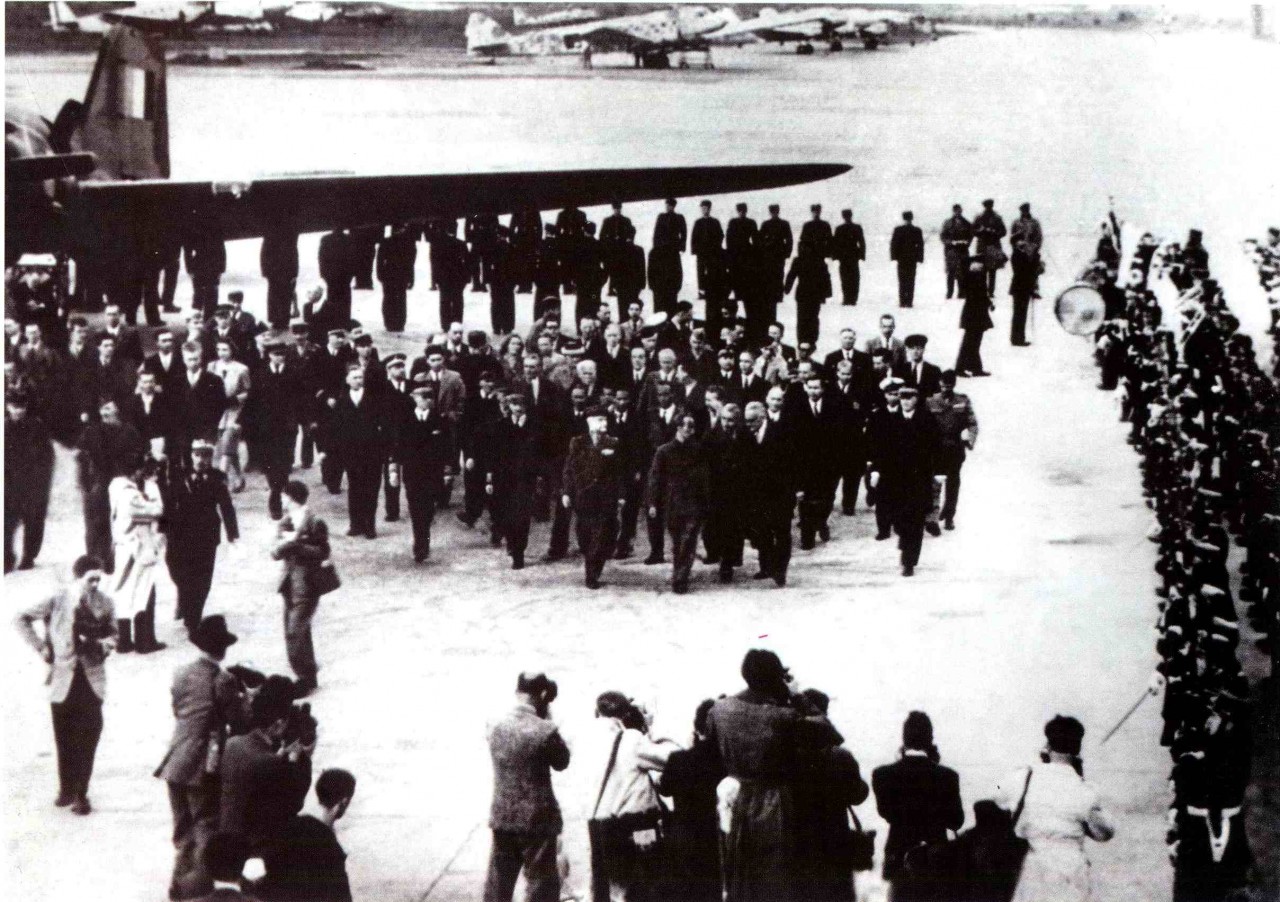 |
| The French government solemnly held a ceremony to welcome President Ho Chi Minh at Le Bourget Airport, Paris on June 22, 1946. (Photo: Archive) |
During his visit to France in 1946, President Ho had meetings with many politicians, political party leaders, ministers, French generals, etc. Through his diplomatic activities, he won the sympathy of many politicians and elites; the French authorities were both apprehensive and respectful.
The art and style of diplomacy is simple, friendly, flexible, brave, and clever, helping Vietnam overcome complex and sensitive situations, maintain independence, autonomy, and relations with friends, take advantage of every opportunity, minimize negative impacts on national and ethnic interests, and not let enemies take advantage of or create pretexts to cause tension.
| "Only through study and the efforts of each individual and the whole industry can diplomacy meet the needs of the country." (President Ho Chi Minh) |
“Conscientious diplomacy”, a prominent feature of Ho Chi Minh's diplomatic art. Inheriting the national tradition, President Ho Chi Minh raised the art of “Conscientious diplomacy” to a new level. It is not a superficial clever action but comes from the humane, benevolent, peaceful, peace-loving nature, promoting cultural values, resembles, winning people's hearts with justice, reason, morality, saying what you do; gaining the sympathy and support of friends and people around the world, involving the other side.
Ho Chi Minh's diplomatic art is deeply imbued with Eastern philosophy: Do not do to others what you do not want others to do to you. With friends, always be loyal, sincere, devoted, and devoted; with opponents, be tolerant, find ways to limit losses for the people of both sides. He always skillfully applies the "five know": Know yourself, know others, know the times, know when to stop, know when to change. Therefore, Ho Chi Minh's diplomacy contains great, lasting strength, overcoming all dangerous challenges.
***
President Ho Chi Minh was honored by UNESCO as “Hero of national liberation, outstanding cultural celebrity”. Indian Prime Minister Jawaharlal Nehru (1889-1964) wrote: “In addition to meeting a great man, we not only gain more knowledge but also grow in stature”. American researcher David Halberstam (1934-2007) concluded: “He represents a culture, not European culture, but perhaps a culture of the future”.
What makes President Ho Chi Minh so powerful and attractive? It is the combination of a cultural celebrity, a genius leader and an outstanding diplomat; the crystallization of tradition and modernity, philosophy, and the quintessence of Eastern and Western culture. His thoughts have profound humanistic values, understanding and simple, familiar forms of expression that everyone can feel. Using the image of the gong to talk about the relationship between strength and diplomacy is one of many examples. In particular, his life and career are a vivid manifestation of the unity between theory and action.
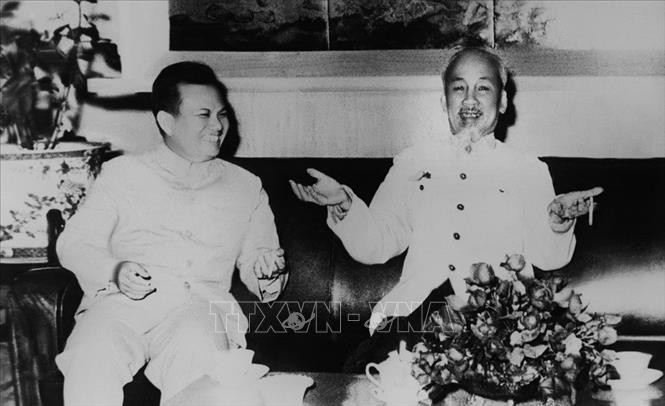 |
| President Ho Chi Minh had a friendly talk with comrade Kaysone Phomvihane, Head of the Lao Party and Patriotic Front delegation on a friendship visit to Vietnam in 1966. (Source: VNA) |
Ho Chi Minh's thought permeated deeply, becoming the viewpoints, principles, and mottos in the guidelines and policies of the Party and State of Vietnam; forming the "bamboo" diplomat school, contributing to helping the Vietnamese revolution overcome challenges and gain great victories.
The more honorable and proud we are, the more we must strive to study and follow Ho Chi Minh's ideology, morality and style. To carry out his teaching well: "Only through study, through the efforts of each individual and the whole sector, can diplomacy meet the needs of the country". That is a practical way to celebrate his birthday; to make Ho Chi Minh's ideology steadfast in the hearts of the nation; diplomacy always takes the lead, accompanying the country.
Source








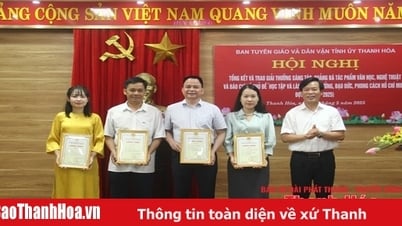






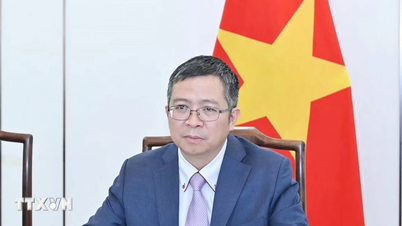
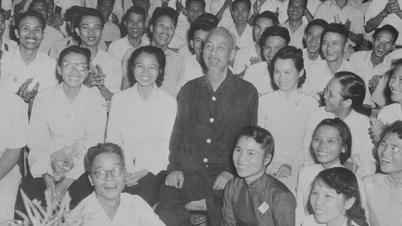









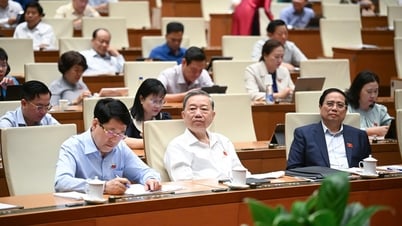






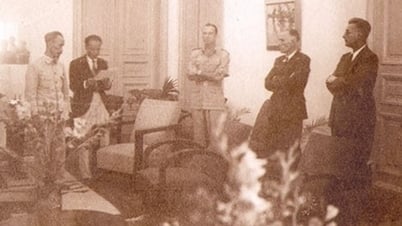
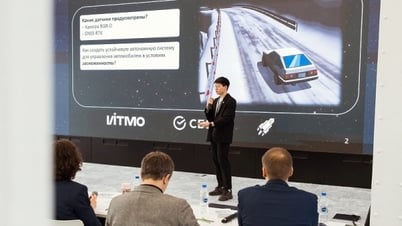

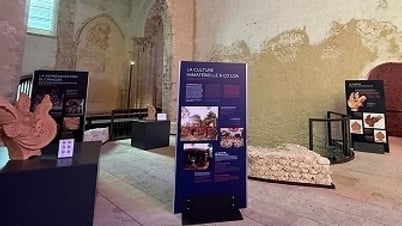
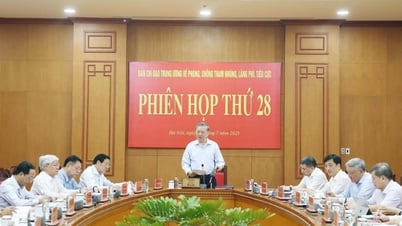

















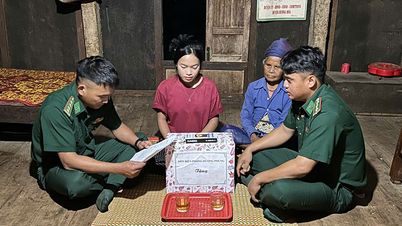















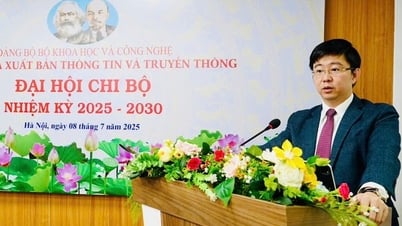

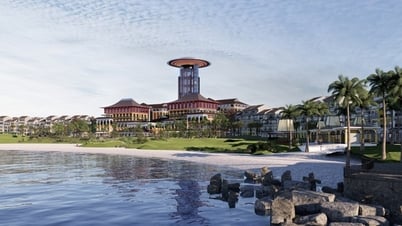

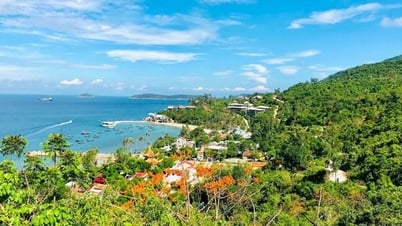
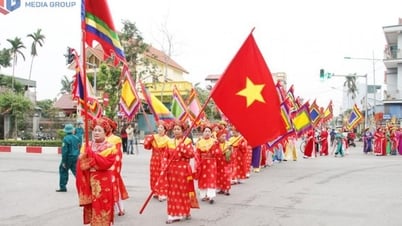
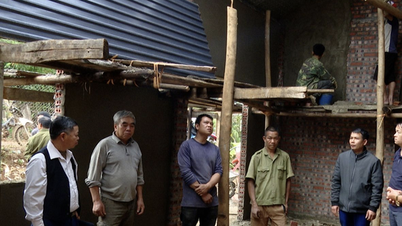
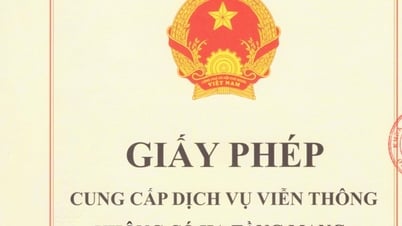
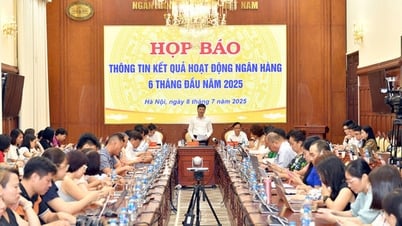



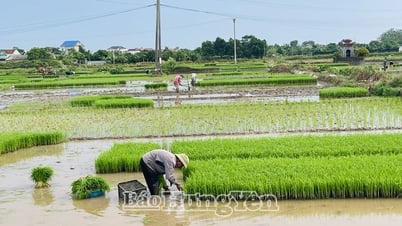

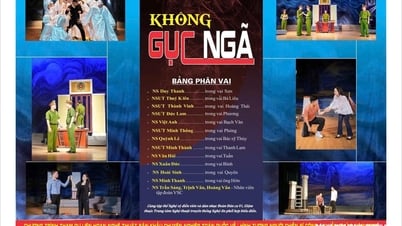

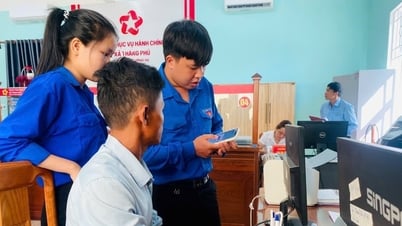

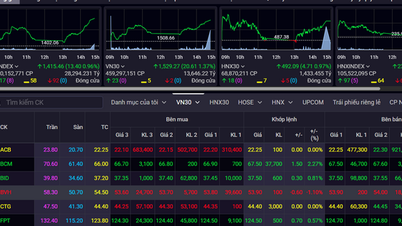













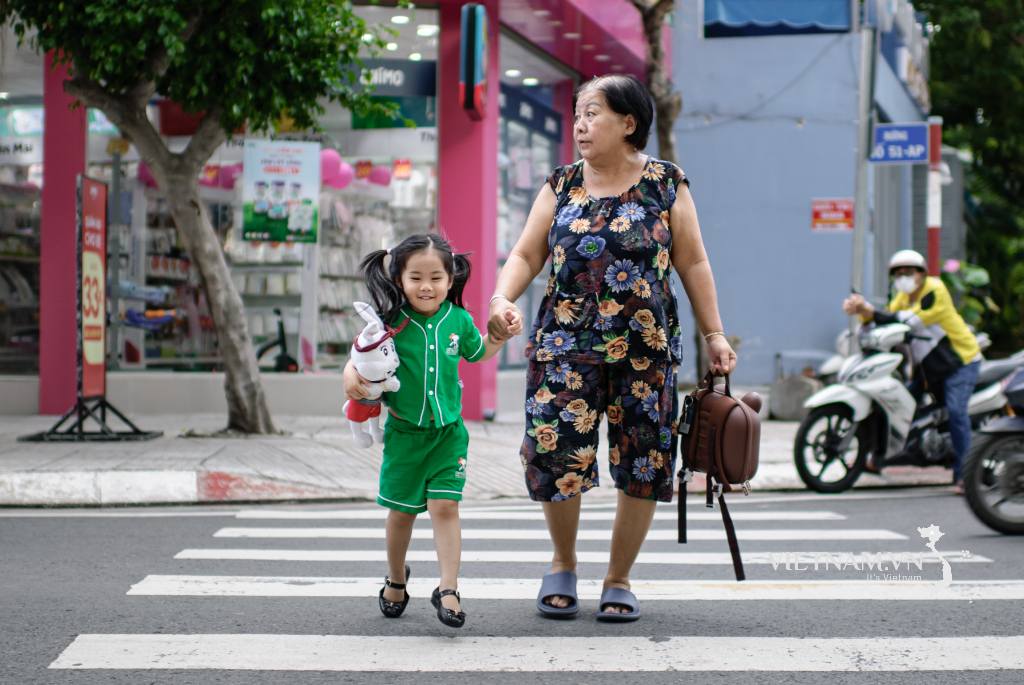

Comment (0)